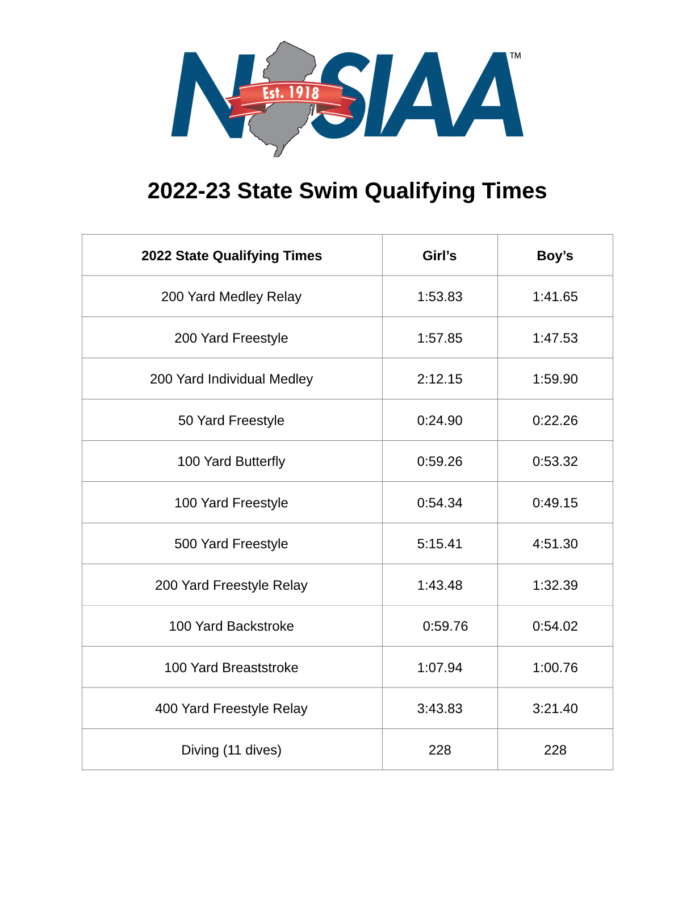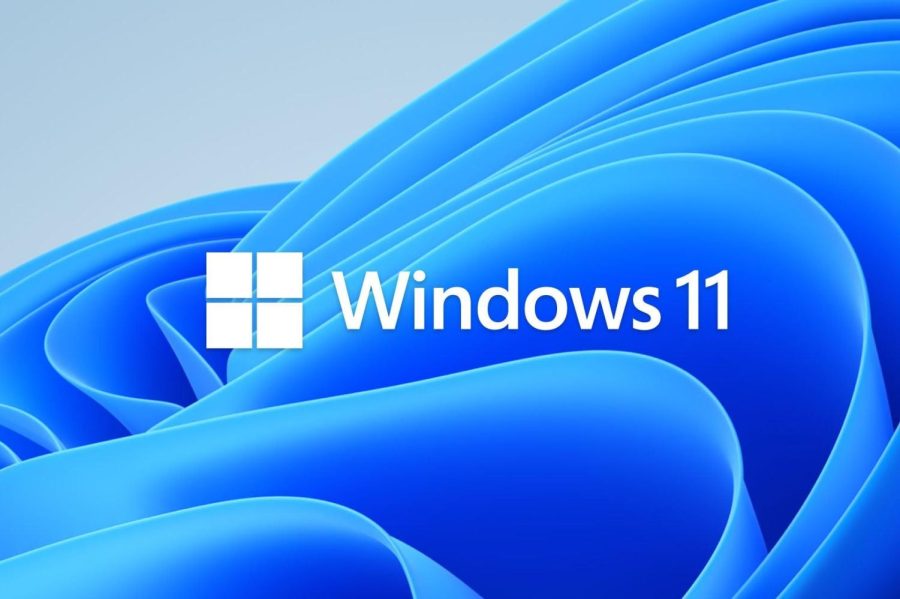Time to Open New Windows?
A First Look at Windows 11
On October 5, 2021, Windows launched its latest operating system, Windows 11. The new operating system provides a new coat of paint to the already popular Windows 10 OS, with slight enhancements. Many people are calling it a revolutionary piece of the future or fascinating piece of software; but are these claims actually true? Let’s take a look at some facts and opinions and see what others say about the operating system.
Microsoft, the company behind Windows OS, claimed that Windows 11 is “a new era of the PC.” However, they are very vague on that statement and it seems to contradict what other tech enthusiasts are saying. The Verge, an online tech news website, claims Windows 11 is slightly different from their last installment, Windows 10, with a few missing features.
“It feels very similar to Windows 10, but there are some missing parts that I think power users will miss greatly,” Tom Warren, a writer for The Verge, states.
There have also been claims that this “revolutionary piece of software” actually degrades performance with signs of more bloatware added onto the operating system. The popular processor company known as AMD replied to a support ticket that implies users should expect, “Performance impact of 3 – 5% in affected applications, and 10 – 15% outliers possible in games commonly used for eSports.”
On the topic of the Windows 11 performance impact, I have gotten the chance to upgrade to the operating system, and I coincidentally have an AMD processor. Though my specifications are not the best, I have been able to get a proper experience of the operating system. As such, I have noticed some slight frame drops in my gaming experience. It isn’t that sabotaging, but it can be annoying at times. Unfortunately, I have not been able to compare the performance between the two systems properly, so I am unsure of the exact percentage of performance drop.
With the addition of slight drops of performance, some people worry that not all users are ready for Windows 11. Mr. Constantino, an information technology teacher here at ACIT, believes that the operating system will not be fully adopted by the general public anytime soon.
“People are becoming newly adapted to Windows 10. Windows 7 had been a part of corporate America for decades, and now we’re all slowly moving to Windows 10,” Mr. Constantino states.
Despite these cons, Windows 11 should not be entirely dismissed. The new OS does enhance the Windows 10 theme, providing a very simplified yet aesthetically pleasing look. The abstract colors make the operating system stand out, and shows the potential of how unique the Windows user interface can look.
Michael Andronico, senior journalist at CNN Underscored (an online shopping guide), states that “The software comes with six preset themes out of the box, which gives you a few choices of bold colors, beautiful background imagery and light and dark modes to help personalize your PC.”
Another interesting point to consider is that Microsoft is currently experimenting with Windows 11 support for android applications. As of right now, there are only a select bunch of apps on the Windows Store that you can download, such as the popular social media app TikTok. With this new update, app developers will have access to uploading their own apps to the store, which is really exciting.
Aidan Marcuss, corporate vice president of Microsoft, states that “Running Android apps and games on Windows 11 will feel familiar, effortless, and integrated – just as you would expect.”
So who would benefit the most from this upgrade? Honestly, Windows 11 is best fit for someone who is new to the world of Windows OS. The well-polished design and simplicity can help users navigate effortlessly through the various programs that are often scattered around in older systems. Android users who are new to Windows may also benefit from Windows 11 as it allows users to integrate the apps they already have on their phones onto their personal computers. It is an optional feature for all users if that is what they want.
Finally, what about gamers or experienced Windows users? I suggest holding off on the upgrade for now. While it might be tempting to push the install button for Windows 11, it’s probability of bringing forth bloated software or even new bugs makes the install not worth it. Performance is also negatively impacted for gamers who enjoy playing very performance-demanding video games.
Bottom line? A good time to upgrade to Windows 11 is when support for Windows 10 expires. Once support for Windows 10 has ended, your device will not obtain the latest security updates, which makes your device vulnerable to remote hackers. By then, Windows 11 should be, at least, further into development and therefore able to offer its users a cleaner, more stable version of the OS.





























